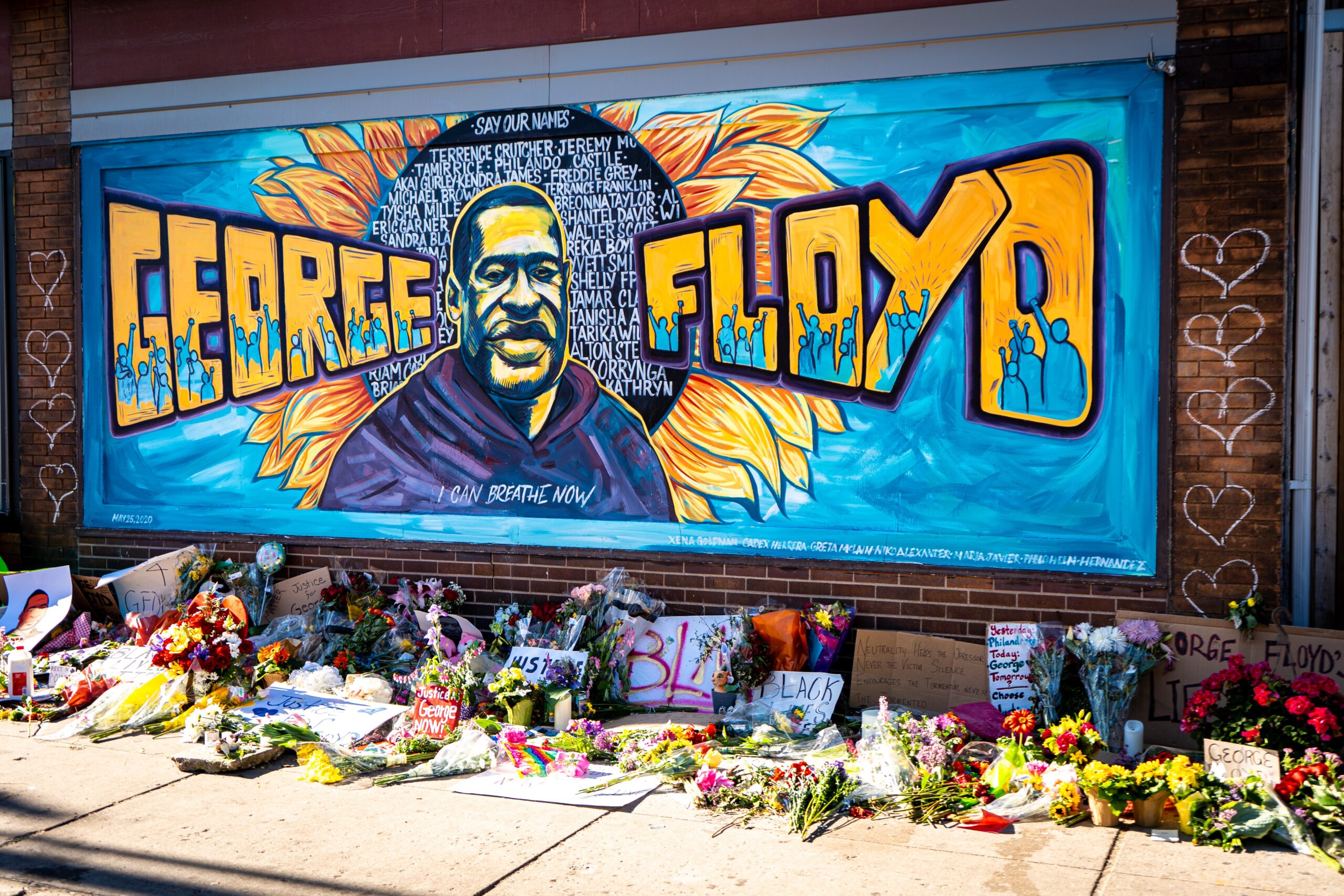Health Resources in Action denounces the police brutality and the murders of black people in this country and grieves the recent, senseless killing of George Floyd, Ahmaud Arbery, Breonna Taylor, Tony McDade, and so many others. While our national attention is rightly focused on these deaths and protests, we have to use this moment in time to create the kind of change that results in our systems protecting and preserving black lives. These injustices have gone on too long! For over 400 years, black people in this country have been courageously withstanding the horrors of slavery to Jim Crow, the oppression of redlining to mass incarceration, the trauma of microaggressions to overt racism and violence.
Racism is embedded in every system and structure of our country – housing, education, employment, and healthcare to name a few. Racism is so entrenched in our history and the way in which we function as a society, that it influences all of us and the decisions we make. It is no wonder racism has a profound impact on the daily life experiences and the health of black people in this country. Everyone should have the opportunity to live the healthiest, longest life possible, yet black men continue to have substantially lower life expectancy than any other racial group, from birth.
As a white male CEO who is committed to health and racial equity, I recognize my responsibility to use my privilege and power to lead HRiA in seeking to eliminate racism. All too often, white people, myself included, look to Black, Indigenous, and People of Color to address the injustices resulting from the systems and policies created and perpetuated by white people for centuries, when we should be doing the work ourselves. I am calling on other white CEO’s to step forward in solidarity with our black and brown siblings. We can do so by reaching inside ourselves to explore and challenge our own beliefs, attitudes, and actions that contribute to and perpetuate white supremacy culture and to take deliberate actions by:
- Affording time during the workday and/or additional time-off for staff members to engage in self-care, connect with others, reflect, and recover during crisis times.
- Creating space such as Affinity groups for staff members to connect with others who share racial, ethnic, and culture backgrounds.
- Committing organizational resources to dismantle institutional racism.
- Collaborating with community partners to ensure that our mutual work addresses the root causes of racism and leads towards health equity and racial justice.
- Pursuing policy and systems change approaches to dismantle institutional and structural racism to create sustainable change.
Let’s be clear – this is hard work. As we uncover the ways in which racism operates at HRiA, we have to be responsive to additional challenges, such as:
- How do we intentionally and regularly check-in with black staff members and other staff of color who are disproportionately affected by racial injustices without creating more burden and trauma?
- How do we reconcile our history of predominantly white senior leadership?
- How do we ensure that appropriate financial and human resources are allocated to sustain our anti-racism efforts during these uncertain economic times?
The work must continue. 400 years is too long. Health Resources in Action stands in solidarity with black communities and leaders to listen, learn, and take collective action to transform ourselves and our society to ensure a more equitable future for all.
Photo credit: @munshots
